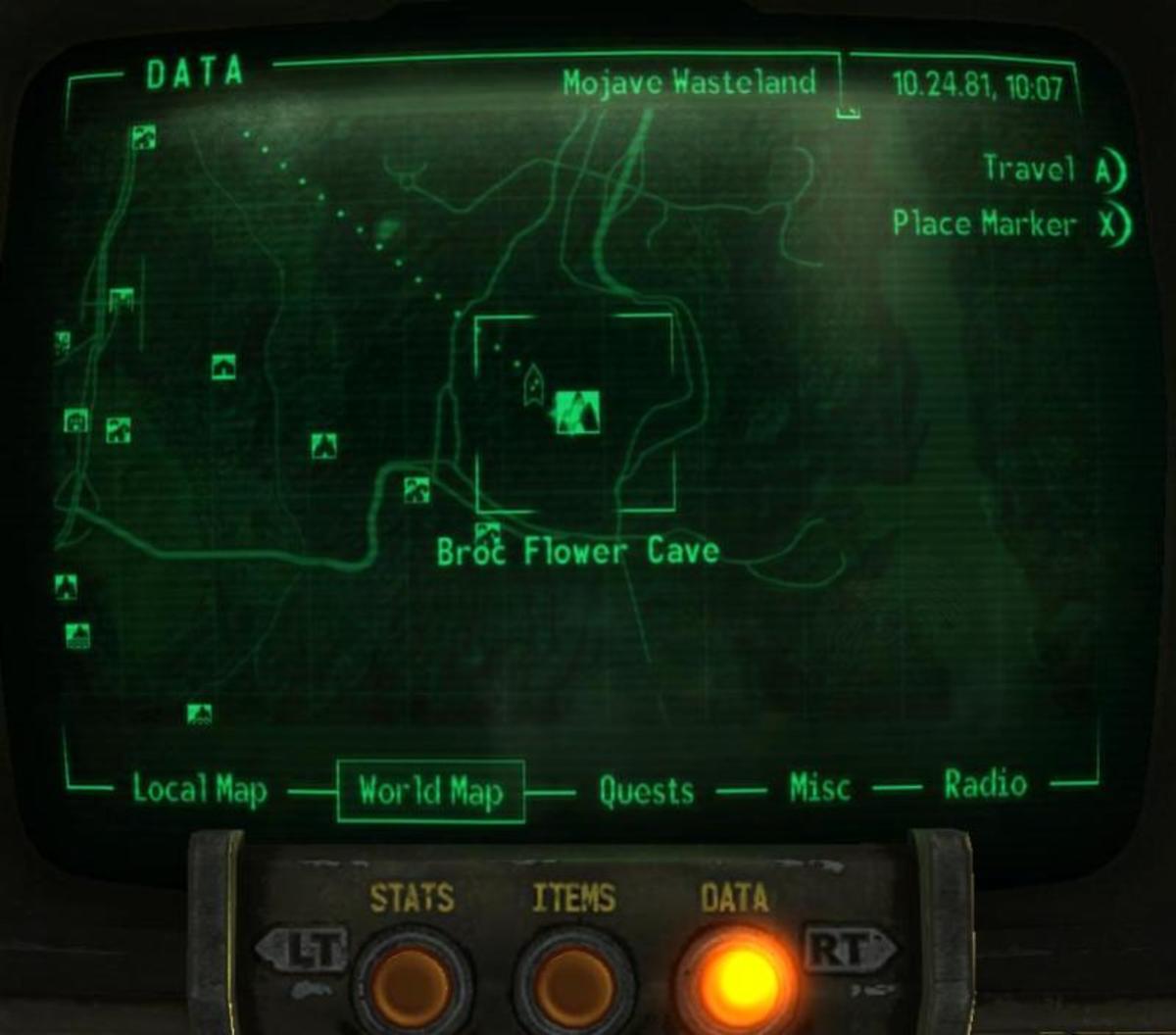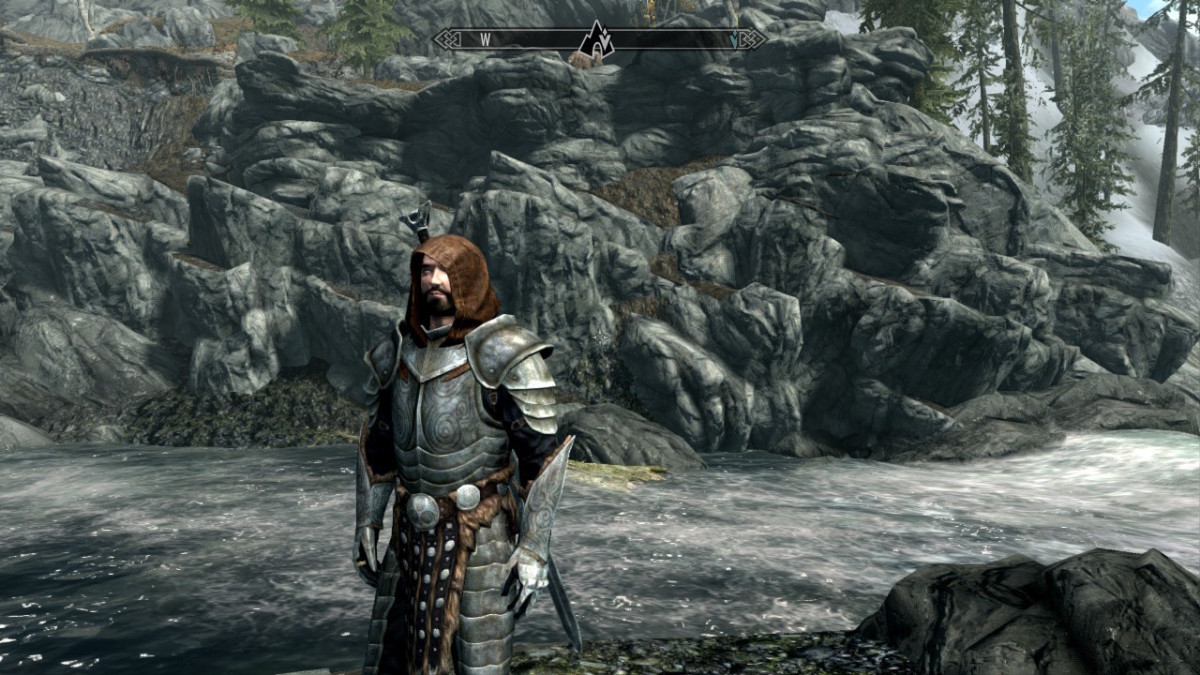Natural Doctrine - Review
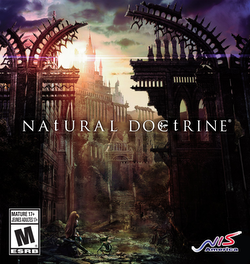
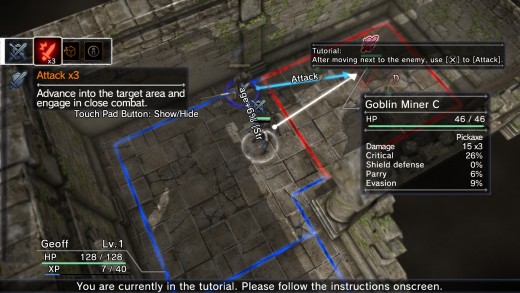
Natural Doctrine is a bizarre title for an even more bizarre game. Billed as a strategy-RPG, Natural Doctrine starts out very much as you'd expect, you get a tutorial, the basic mechanics are explained. Then everything falls apart.
Developed by Kadokawa Games in Japan, Natural Doctrine bears a lot of the hallmarks of the S-RPG genre, with its general layout falling somewhere between Final Fantasy Tactics and X-Com: Enemy Unknown. This mix of Eastern and Western influences in a fairly niche genre could have made for an interesting game but, unfortunately, the developers scupper all of that by trying to be too clever.
At its core the game is fairly simple; you control a party of characters, usually four, around a map. The map is divided up into squares giving you a clear view of where you're able to go. Attacks work in much the same fashion, melee attacks need to be made from adjacent squares whilst ranged attacks have varying ranges and can be improved by levelling up the respective character. At this point this is S-RPG 101. Where the game completely shoots itself in the foot is in its execution, and with its unique gimmick: link attacks.
Link attacks essentially enable characters to join together in order to carry out stronger attacks. In other words, by utilising your team synergistically you're rewarded with extra turns and more chances of overwhelming the enemy. In reality though, this simply leads to you using your team in a dogpile fashion; swarming the enemies on one square of the map before moving on to the next. Who cares whose turn it is? Quickly, smash that next group of goblins into a pulp. To use the system effectively means clumping your team together and simply grinding forwards, occasionally ordering the party's designated tank to adopt a defensive posture if things get too heated, and having your gunner deploy some covering fire.
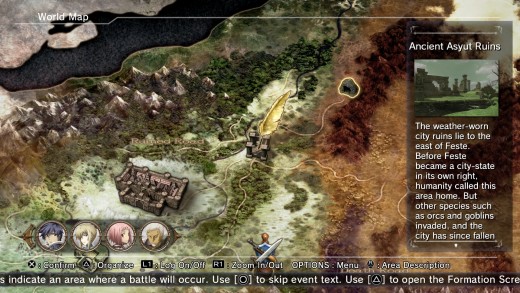
If that were the only sin that the game's combat system committed then perhaps it would simply be an underwhelming game, but things don't stop there. Enemies also benefit from the link attacks, granting additional moves to those units that are nearby. This is fine when your adversaries are in approximately equal number to your own party, encouraging you to select target specific enemies in the turn order to break their potential link attacks. The moment you become outnumbered however, (which occurs often), the enemy quickly overwhelms you with a barrage of turns which you're utterly incapable of stopping. There's genuinely some moments that are impossible to get out of, you'll die and just have to hope that the enemy A.I. doesn't choose to go for that plan of attack next time.
None of this is helped by a nearly impregnable wall of statistical information that adorns the screen at all times. Natural Doctrines layout is awful, with even the most basic of attacks resulting in what looks like the scrawlings of a madman, as text flows upside down in some cases, just to show that so-and-so has got a critical attack on monster number five. Many have commented on the game's admittedly unimpressive visuals, especially considering it's also received a PS4 release, but it's this sloppy and convoluted layout that is really the problem here.
Just as the game straightjackets you into a selection of bespoke strategies, the levelling system suffers from a similar problem. Your characters receive ability points upon level up with each character having their own unique ability tree. Jeff (yes, the game's hero is called Jeff) places a greater emphasis on defensive abilities but can also equip a gun, whilst Vasilly focuses more on chaining together multiple attacks but with relatively weak strength. It's all a rather wasted exercise however, since many abilities are locked off until you level up further, meaning your available options at any one time are limited to a few minor stat upgrades and maybe one new ability. Additions to your party arrive with new skills later on, but I'd be lying if I said I got far enough to see all of the game's playable characters.
This constant forced hand-holding even bleeds into the levels themselves. The game's overworld map is rather pointless, you can travel to locations on the map, and read minor descriptions, but cannot enter them. Instead you just go from one drab, linear dungeon to the another killing a variety of dull, uninspired monster; the opening levels have you killing hordes of goblins, just to give you an indication of the level of creativity at work here.
The developers were reportedly influenced by Dark Souls and wanted to develop a similar title for the strategy genre. What they've failed to understand is that Dark Souls isn't good because it's hard but because it communicates to the player through the gameplay and level design and allows them to make their own mistakes. In other words, Dark Souls is a difficult game, but it has all of its cards laid out on the table; it lets you make your own mistakes, but doesn't try to confuse you.
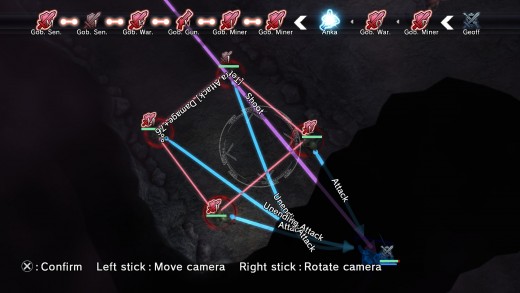
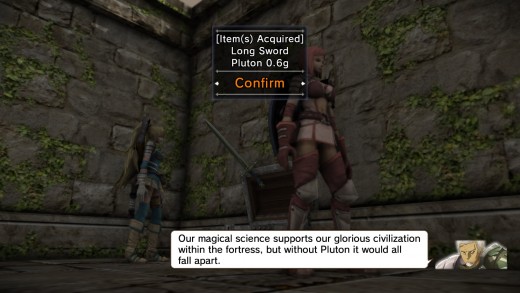
In contrast Natural Doctrine constantly shifts the goalposts in order to appear more challenging and deep that it actually is, with a combat system that is poorly balanced and hard to define. Rather than keep fighting simple and easy to understand, it instead convolutes it with a system that dumps unreadable stats into the player's face and adds a bunch of unintuitive bonuses into the mix; why do my attacks get stronger when characters are further away from one another in a link? The fact that an easy mode was added in a patch in the Japanese version following complaints just goes to show how poorly thought-out parts of the game were.
The best strategy games are surprisingly simple on the surface, but then become deeper with their abundance of interactions and room for tactical play. In other words they follow the idea; easy to pick up, difficult to master. Difficulty should come from being punished for poor strategy, not because the enemy simply has sheer weight of numbers and you're suffering from unreadable walls of text.
Sadly, Natural Doctrine is neither simple to understand, nor is it particularly deep once you've overcome it's weird stuffy rulings and uninteresting, linear combat. The game's certainly difficult, but for all the wrong reasons. It's always disappointing when a game comes out that's this clunky, but when it's in a genre that gets so few new games every year, it's even more so.
Natural Doctrine was released on October 3rd in Europe, and September 30th in North America for the PS4, PS3 and Vita.
This review is based on the PS4 version.
© 2014 LudoLogic

